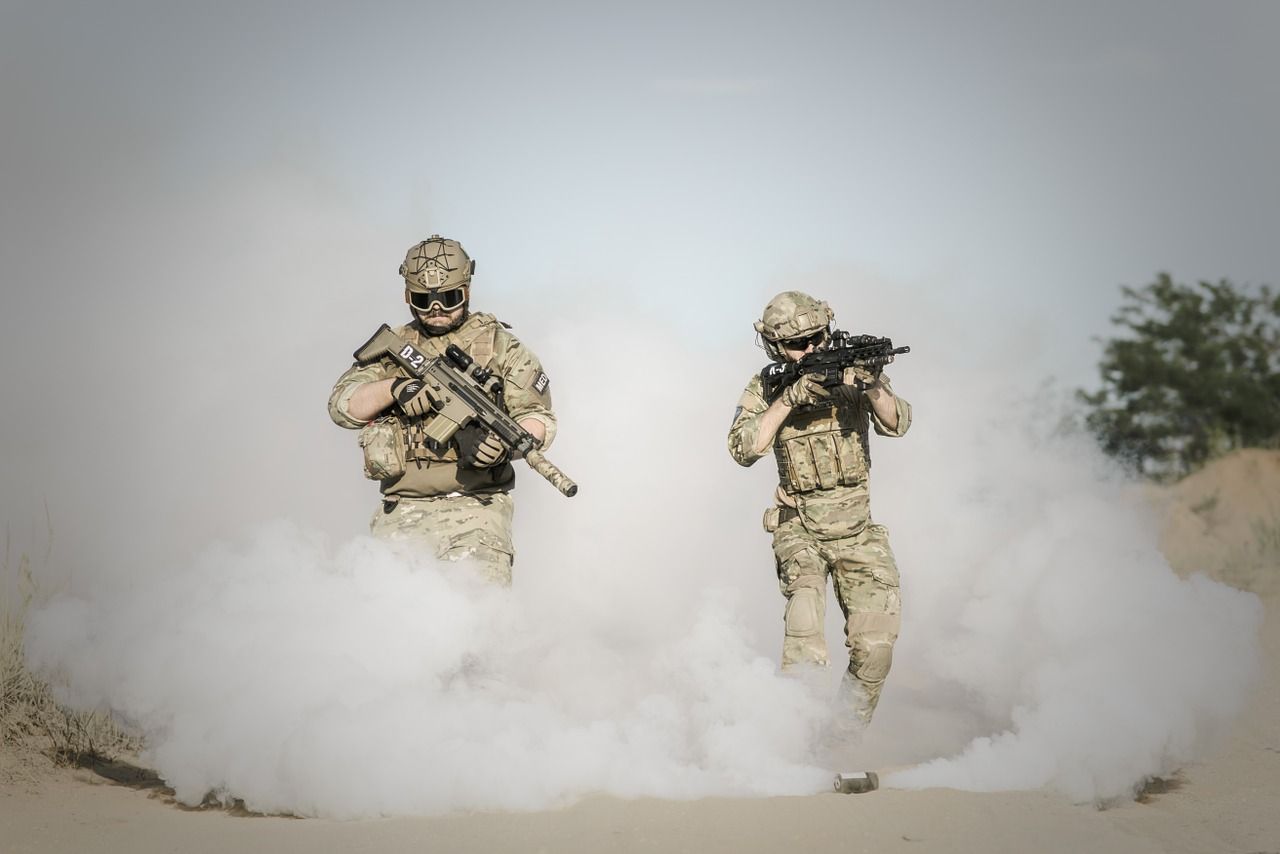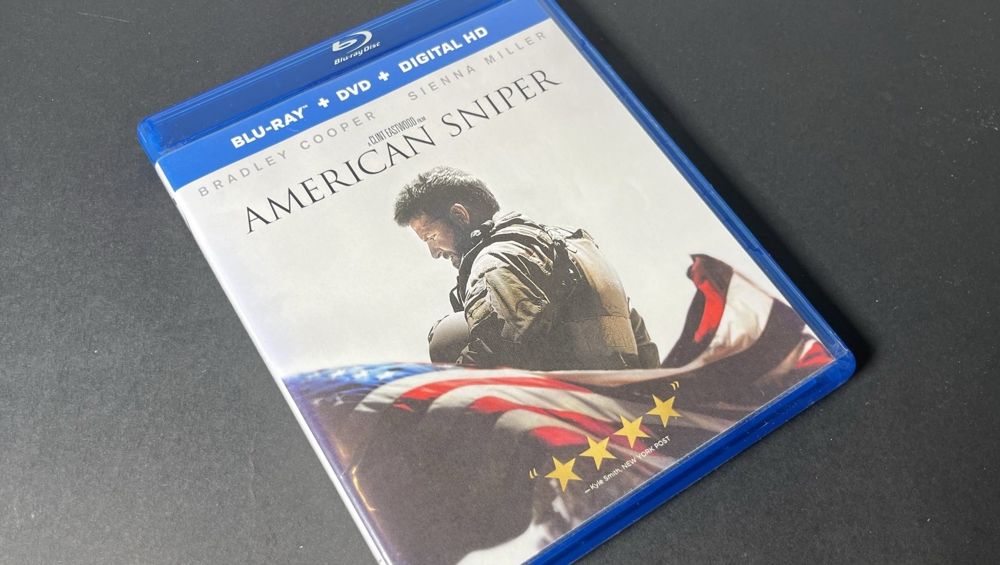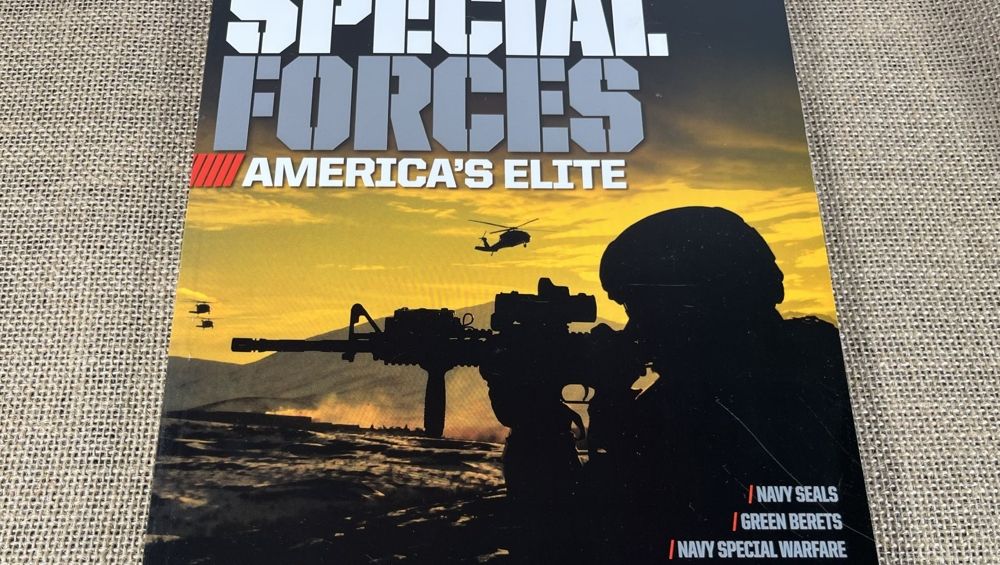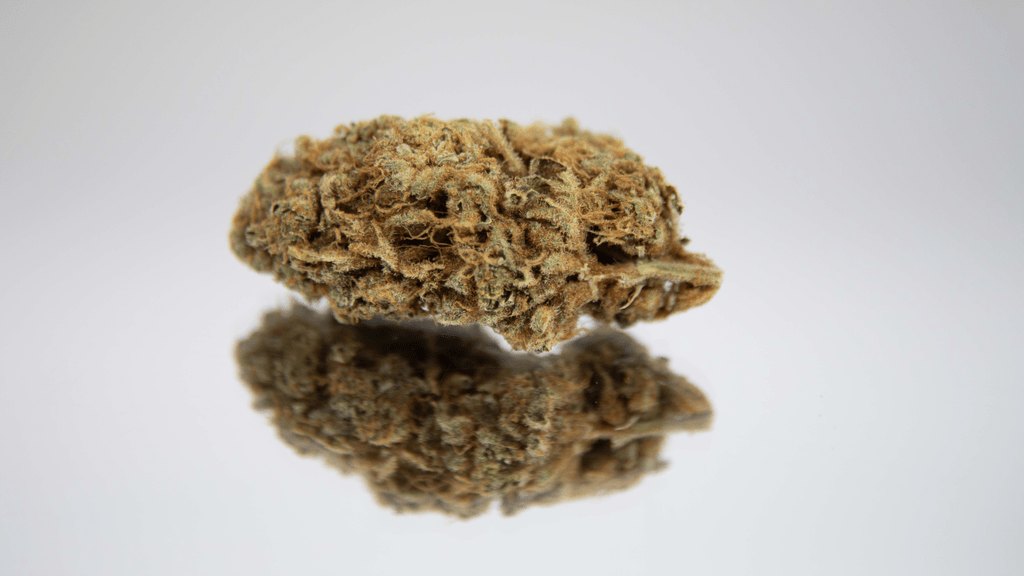For decades, pop culture has shaped how society views soldiers and recovery from war. From classics like Platoon and Apocalypse Now to modern hits such as American Sniper and The Hurt Locker, Hollywood has painted vivid portraits of trauma, heroism, and the long road home. Yet amid all the whiskey bottles, pills, and cigarettes that fill these scenes, one therapeutic substance remains conspicuously absent: cannabis.
The Missing Narrative
In most war films, soldiers are shown coping with post-traumatic stress disorder (PTSD), chronic pain, and anxiety through substances society already understands—alcohol, opioids, or isolation. Cannabis, despite its growing medical credibility and deep roots in veteran culture, is almost entirely ignored. This cinematic omission has real-world consequences. When audiences repeatedly see recovery portrayed through destructive habits, it reinforces the idea that healing must be painful, medicated, and private—not holistic, natural, or community-based.
Pop culture, for better or worse, influences perception. When filmmakers leave cannabis out of these stories, they fail to reflect an evolving truth: veterans are increasingly turning to medical marijuana as a viable tool for recovery. According to data from the Department of Veterans Affairs, over 20% of veterans report using cannabis to manage PTSD and chronic pain symptoms, even though federal law continues to restrict VA doctors from recommending it.
Cannabis and the Forgotten Frontline
From Vietnam to Afghanistan, cannabis has been part of the soldier’s story, even if Hollywood prefers not to tell it. During the Vietnam War, cannabis use among troops was widespread—not as rebellion, but as relief. Soldiers used it to ease anxiety, combat fear, and find fleeting calm amid chaos. After returning home, many veterans continued using cannabis to manage trauma long before “PTSD” became a recognized diagnosis. Yet the public narrative quickly shifted toward addiction, villainizing substances rather than exploring their context.
Today, modern war movies rarely touch this history. When they do depict substance use, cannabis is often portrayed as a joke or vice, not a legitimate form of relief. Compare this with alcohol, which is often shown as a coping mechanism that, while destructive, is still framed as socially acceptable. This imbalance reflects a lingering cultural bias — one rooted in decades of stigma and policy.
The Cost of Silence
By avoiding cannabis as part of the recovery conversation, filmmakers miss an opportunity to humanize healing. Veterans using cannabis for PTSD are not escaping reality — they’re reclaiming it. Scientific studies have shown cannabinoids can modulate fear memories, reduce anxiety, and help improve sleep — all critical components of trauma recovery. These are the same issues that dominate war dramas, yet the most promising treatment is rarely depicted.
Toward a More Honest Representation
As the United States continues to reform cannabis laws and support veteran access, pop culture has a chance to catch up. The next generation of storytellers could portray cannabis not as a crutch, but as a tool for wellness — a plant that helps veterans reconnect with their families, rebuild their mental health, and reintegrate into society with dignity.
Until that happens, the story of recovery in war cinema remains incomplete — missing a vital chapter that many veterans are already living every day.




